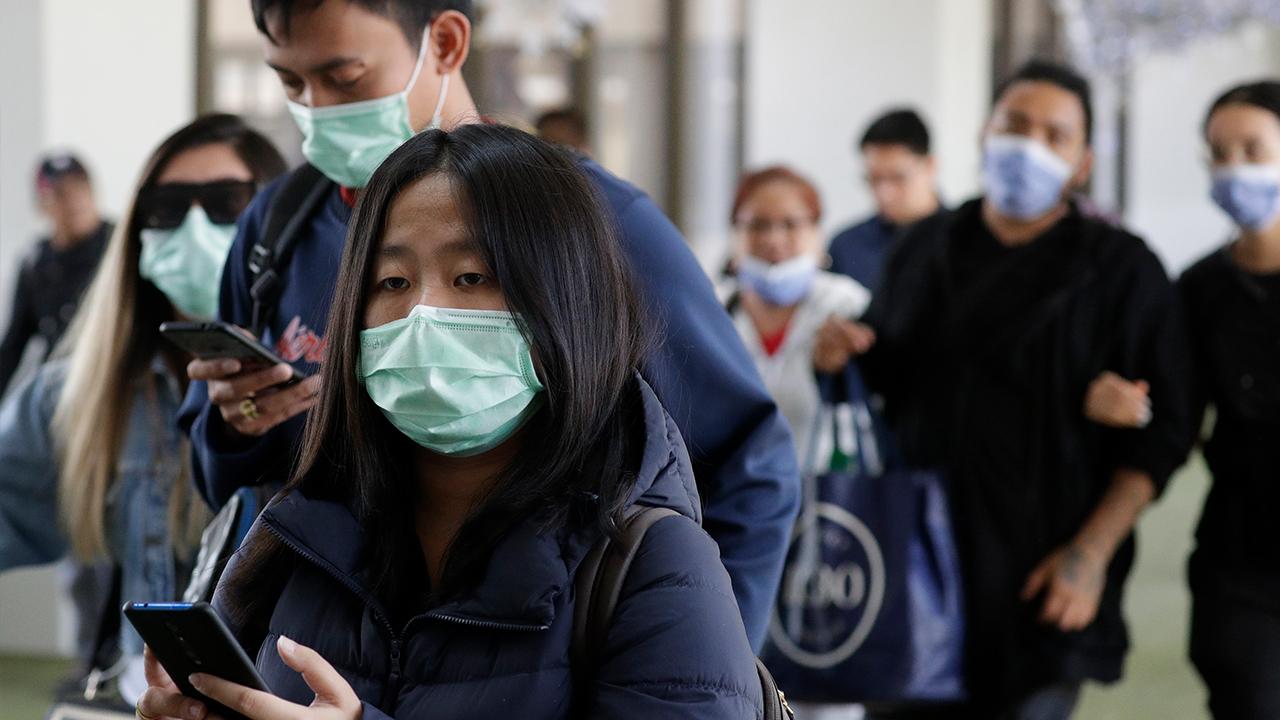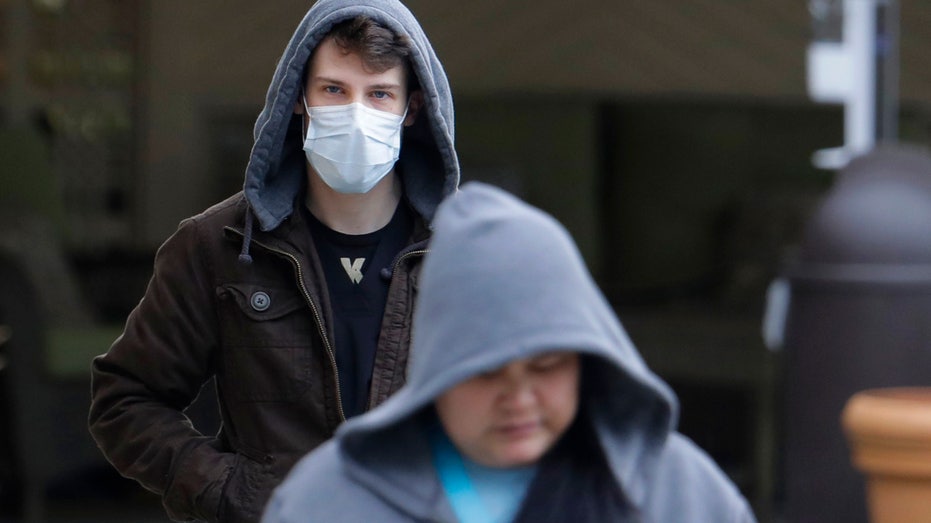Coronavirus can spread person-to-person without showing symptoms: Scientist
Distributed Bio founding partner and CEO Jacob Glanville, who is featured in the new Netflix docuseries ‘Pandemic,’ discusses the coronavirus outbreak, calling it a ‘Trojan horse’ because of how easily it can spread.
As more cases of the coronavirus are confirmed across the United States, one scientist has said it’s still too early to estimate how bad an outbreak will get.
Continue Reading Below
Jacob Glanville, president and CEO of Distributed Bio, told FOX Business’ Ashley Webster on Wednesday that he expects outbreaks of COVID-19 will continue to grow in Europe and Asia, but that the United States should continue to do surveillance to “assess the degree of the problem.”
“In the United States we just don’t know at this point how bad the problem is and so the first step is we need to find how bad the problem is so we can start applying measures to suppress further outbreak,” he said.
NETFLIX, DISNEY+ MAY GET A BOOST FROM THE CORONAVIRUS
Glanville, a computational and systems immunology expert, is the co-founder Distributed Bio, a company trying to bioengineer antibodies to fight the coronavirus. He was also featured in the Netflix docu-series “Pandemic,” which was released in January.
One of the things that makes the coronavirus so unique, and difficult to control, is that it spreads so easily, Glanville said.
“It spreads more easily than influenza,” he said. “The other thing that’s unusual about this virus is that you can be infected with it for maybe two weeks without showing symptoms and you can infect others. So it’s like a Trojan horse.”
He added that the people who are most at risk are elderly, particularly over the age of 80, as opposed to young people, who he said are relatively protected.
“I’m particularly concerned about retirement homes and nursing homes where you have large numbers of elderly people in a concentrated area as we’ve seen up in Washington,” he said.
CALIFORNIA CORONAVIRUS DEATH LINKED TO CRUISE SHIP
Although a vaccine could be available in 18 months, Glanville said the test results of some antivirals will come back next month.
“If we’re lucky, some of those will work,” he said. “The vaccines will take longer because these are untested and we need to make sure that they’re safe and that they are able to protect individuals. There are ways to accelerate things potentially faster than the 18 months that I’ve heard quoted, but it takes time to run human trials.”
GET FOX BUSINESS ON THE GO BY CLICKING HERE
He said that’s why Distributed Bio is specifically working on an antibody, which “has the advantage of being able to be given to someone who’s sick and help them immediately, where a vaccine, even if it works, takes multiple boosts and that can take up to six weeks before it would be protective.”
A man wearing a mask walks away from the entrance of the Life Care Center in Kirkland, Wash., on March 3, 2020. (AP Photo/Ted S. Warren) Other than finding an antibody for the coronavirus, Distributed Bio also works on developing vaccines for HIV and influenza, according to its website. The company was featured on Netflix’s docu-series “Pandemic: How to Prevent an Outbreak” which tells the stories of the doctors and scientists “on the front lines of the battle against influenza,” the series description says. CLICK HERE TO READ MORE ON FOX BUSINESS Source: Read Full ArticleTicker Security Last Change Change % NFLX NETFLIX INC. 383.79 +15.02 +4.07%


